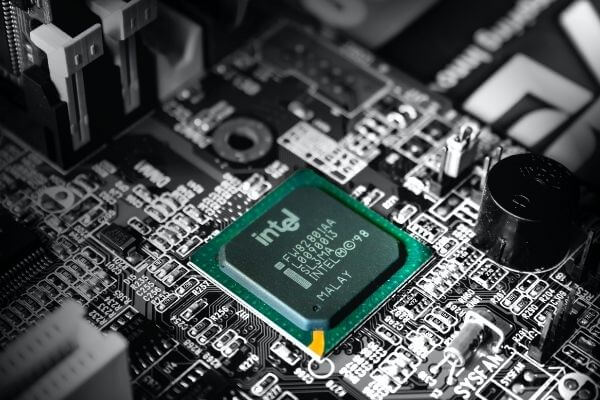
According to the website of the State Administration for Market Regulation (SAMR), on 22 Dec. 2021, the SAMR conditionally approved SK Hynix’s purchase of Intel’s partial business.
The SAMR considered that this concentration has or may have the effect of excluding or limiting competition in the global and domestic PCIe SSD market and SATA SSD market.
The SAMR believed that the additional restrictive conditions submitted by the filing party on 7 Dec. 2021 can reduce the adverse effects on competition caused by the operator’s concentration.
Therefore, the SAMR decided to approve this concentration with restrictive conditions and asked the entities to comply with the following obligations after the acquirement:
- SK Hynix is forbidden to sell enterprise-level SSDs with PCIe or SATA ports to the Chinese mainland at an unreasonable price;
- SK Hynix has to keep expanding its enterprise SSD supply for five years straight;
- all related sales to the Chinese mainland must comply with fair, reasonable and non-discriminatory (FRAND)principles;
- SK Hynix is forbidden from forcing Chinese mainland clients to buy products exclusively from SK Hynix or any company controlled by SK Hynix; or compelling tied or bundled sales of the goods involved in this case.
- SK Hynix must help a third-party competitor enter the enterprise SSD market; and,
- SK Hynix cannot reach any written or oral agreement, decision or commit other concerted conduct (including implied conduct) with its main competitors in China about price, supply or sales numbers.
SK Hynix can apply for the removal of these restrictive conditions after five years starting from the effective date.
Cover Photo by Slejven Djurakovic on Unsplash
Contributors: CJO Staff Contributors Team









